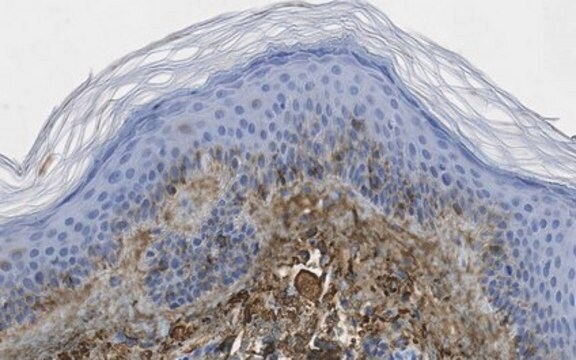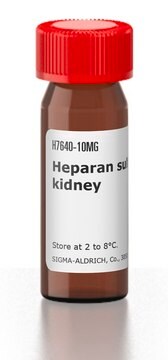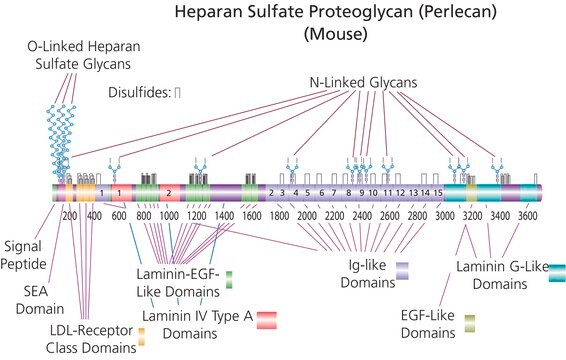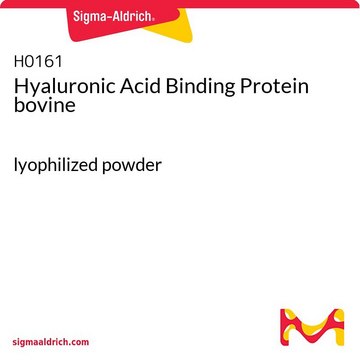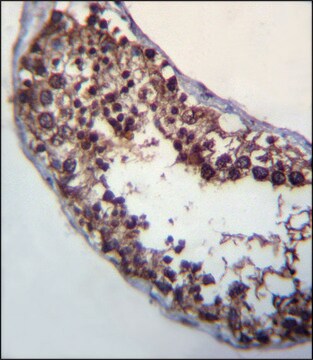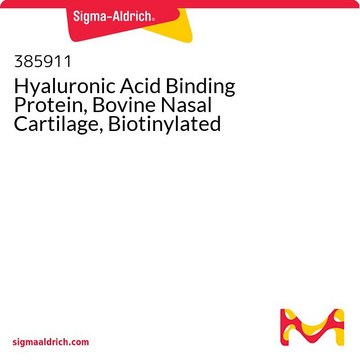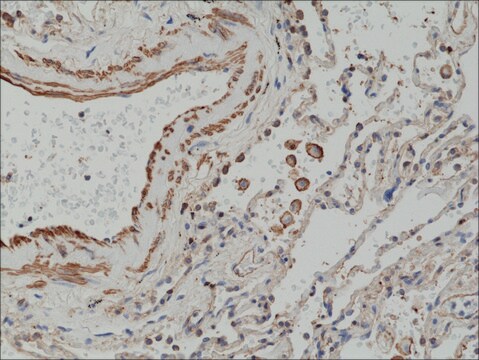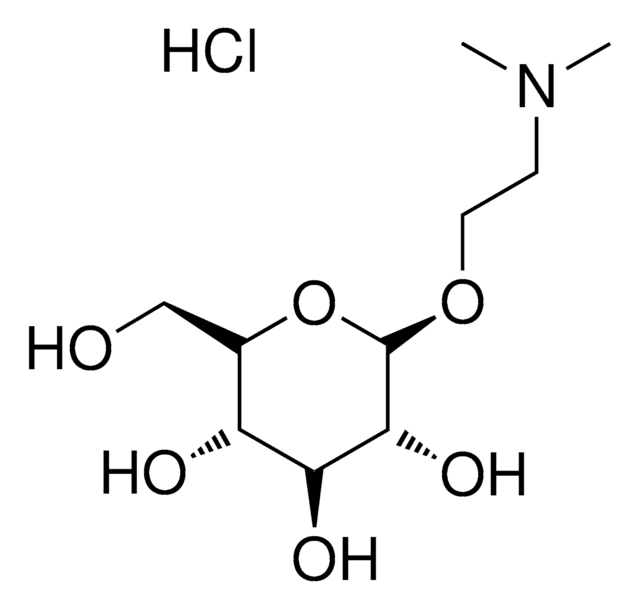MAB2022
Anti-Keratan Sulfate Antibody, clone EFG-11
ascites fluid, clone EFG-11, Chemicon®
About This Item
Recommended Products
biological source
mouse
Quality Level
antibody form
ascites fluid
clone
EFG-11, monoclonal
species reactivity
sheep, bovine, pig, canine, mouse, human
manufacturer/tradename
Chemicon®
technique(s)
ELISA: suitable
radioimmunoassay: suitable
western blot: suitable
isotype
IgG2b
NCBI accession no.
UniProt accession no.
shipped in
dry ice
target post-translational modification
unmodified
Gene Information
human ... LUM(4060)
Specificity
Immunogen
Application
Cell Structure
Cytokeratins
ELISA at 1:5,000-1:20,000
RIA at 1:30,000-1:500,000
May be used in a competitive inhibition assay to measure keratan sulfate levels.
Physical form
Storage and Stability
Legal Information
Disclaimer
Storage Class Code
10 - Combustible liquids
WGK
WGK 1
Flash Point(F)
Not applicable
Flash Point(C)
Not applicable
Regulatory Listings
Regulatory Listings are mainly provided for chemical products. Only limited information can be provided here for non-chemical products. No entry means none of the components are listed. It is the user’s obligation to ensure the safe and legal use of the product.
JAN Code
MAB2022:
Certificates of Analysis (COA)
Search for Certificates of Analysis (COA) by entering the products Lot/Batch Number. Lot and Batch Numbers can be found on a product’s label following the words ‘Lot’ or ‘Batch’.
Already Own This Product?
Find documentation for the products that you have recently purchased in the Document Library.
Our team of scientists has experience in all areas of research including Life Science, Material Science, Chemical Synthesis, Chromatography, Analytical and many others.
Contact Technical Service